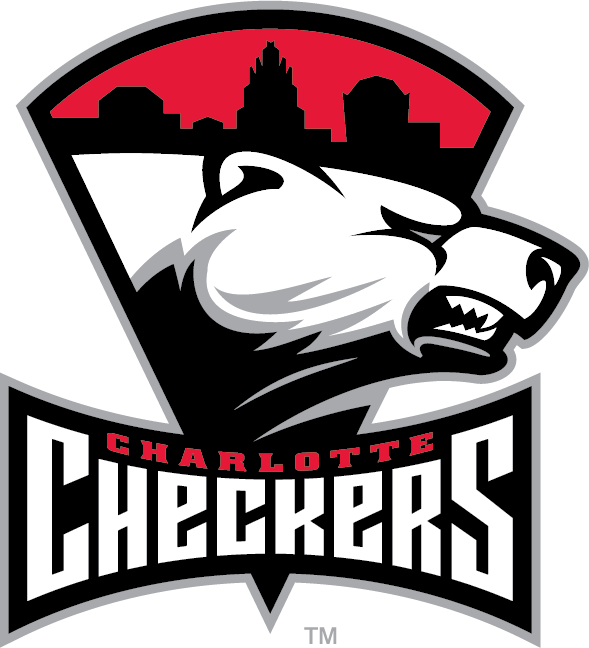Digital Kings Networking, LLC
Google's Indexing Process
Google's Indexing Process: Digital Kings Networking
The online space has become an essential piece of any business's brand and presence. Websites are a core component of displaying professionalism, authority, and showing off to potential clients before they come to you. To maximize your online presence, you need a well-optimized website that Google will rank higher than the rest.
To accomplish this, it's important to understand the crawling and indexing process Google uses to provide the most relevant and authoritative results in searches. Understanding what Google uses to develop search results is important for developing a site that will compete with the rest. The ranking process can take from as little as 4 days to as long as 4 weeks, so it's essential to optimize your site as best you can to rank as high as possible. There is a 2 step process:
- Crawling: The first step is the crawling process. To understand your site, Google Spider crawlers will crawl your site's code and content.
- Indexing: After a site is crawled, it compares the results to similar sites and ranks/indexes it accordingly.
What is Crawling?
Crawling is when Google's bots visit the site and visit the code, links, and other aspects of the site to understand where you should be indexed. The crawling process is an opportunity for Google to get a deep look into your site and an understanding of your goals. It will then begin to compare your site to others that are similar. To maximize the benefits of the crawling process, there are several key factors to keep in mind:
- Backlinks: Backlinks are a "like" or "reference" that validates the information on your site. The more backlinks you have, the more trustworthy and valuable Google will consider your pages.
- Internal linking/deep linking: Not only is this an essential component of the user experience, but it also makes the crawling process easier and much more efficient
- XML Sitemaps: An Extensible Markup Language (XML) sitemap is a list of all of your most important site URLs. The sitemap tells Google your most important pages, when they were last updated, and how to reach each page. XML sitemaps are important so that Google can easily find and access pages without relying on external links. They are also essential for brand new websites. Because new sites have no external links, lacking an XML sitemap may lead to Google may not know certain pages exist (due to not being able to find them.)
- Duplicate content: Duplicate content is content that is reused on different pages on your website. If the content contains a lot of the same verbiage and keyword use, the crawlers may become confused and not know what differentiates each page. This could lead to backlink dilution (backlink value being divided between pages), and other negative SEO consequences.
- Meta tags: Essential for differentiating your pages and specifying which keywords you want a page to rank for.
What is Indexing?
Indexing is the process of adding web pages to relevant Google searches. After your site is fully crawled, Google will begin looking at your site's content, backlinks, health, and other factors and compare them to comparing sites. After the index is complete, your site will begin showing up in Google's searches. To ensure the highest ranks possible, there are a few factors to keep in mind:
- Page vitality: To keep things simple, only let Google index the most vital and relevant pages on your site. Tags, categories, and other pages could impact the SEO of other pages. To tell Google to ignore a page, the "No-index" meta tag is essential.
- Site health: Google has a series of penalties related to a site's performance. If load speeds exceed 5 seconds at 3G, your site will be penalized. Toxic backlinks, copied content (not the same as duplicate content), and other factors could impact indexing as well.
- Duplicate and copied content: Copied content is when content is stolen from a rival website (known as content syndication). Google will know which page is the original and will choose the original source over the copied one. Duplicate content is recycled content on different pages of the same website, which can confuse Google and cause multiple pages of the same site to compete with each other.
- Domain age: Just like anything else, the older a domain name is, the more weight it will have in a search. Even if you completely redo your site, try to keep your existing domain name if possible.
Contact Us Today
Digital Kings Networking is one of the most trusted and reliable SEO companies in the US. We have an unwavering commitment to creating competitive, SEO-optimized websites from the ground up. For more information about how we help businesses showoff their brand online, contact us today!
Services


